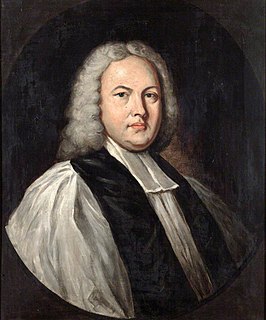A Quote by William Warburton
Short isolated sentences were the mode in which ancient Wisdom delighted to convey its precepts, for the regulation of life and manners.
Related Quotes
This is another thing which I really like investigating in my novels: what is it that makes an intimate society, that makes a society in which moral concern for others will be possible? Part of that I think are manners and ritual. We tried to get rid of manners, we tried to abolish manners in the '60s. Manners were very, very old-fashioned and un-cool. And of course we didn't realise that manners are the building blocks of proper moral relationships between people.
What I believe is that people have many modes in which they can be. When we live in cities, the one we are in most of the time is the alert mode. The 'take control of things' mode, the 'be careful, watch out' mode, the 'speed' mode - the 'Red Bull' mode, actually. There's nothing wrong with it. It's all part of what we are.
One could say that what differentiates ancient from modern philosophy is the fact that, in ancient philosophy, it was not only Chrysippus or Epicurus who, just because they had developed a philosophical discourse, were considered philosophers. Rather, every person who lived according to the precepts of Chrysippus or Epicurus was every bit as much a philosopher as they.
Wouldn't it be wonderful to have a wise and intuitive counselor available 24/7? You're in luck-you already have one. Your body! Our bodies carry ancient wisdom. We literally live within a temple of intuitive and instinctive wisdom. Sometimes we pay attention and access body wisdom; but unfortunately, the aphorism "Mrs. Smith lived a short distance from her body" is sadly true for many of us.
In short, is American life of the future to be characterized by freedom or by servitude, strength or weakness? The answer must be clear and unequivocal if we are to avoid the pitfalls toward which we are now heading with such certainty. In many respects it is not to be found in any dogma of political philosophy but in those immutable precepts which underlie the Ten Commandments.




































